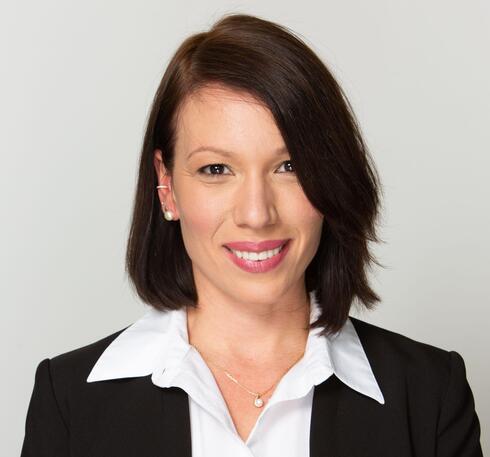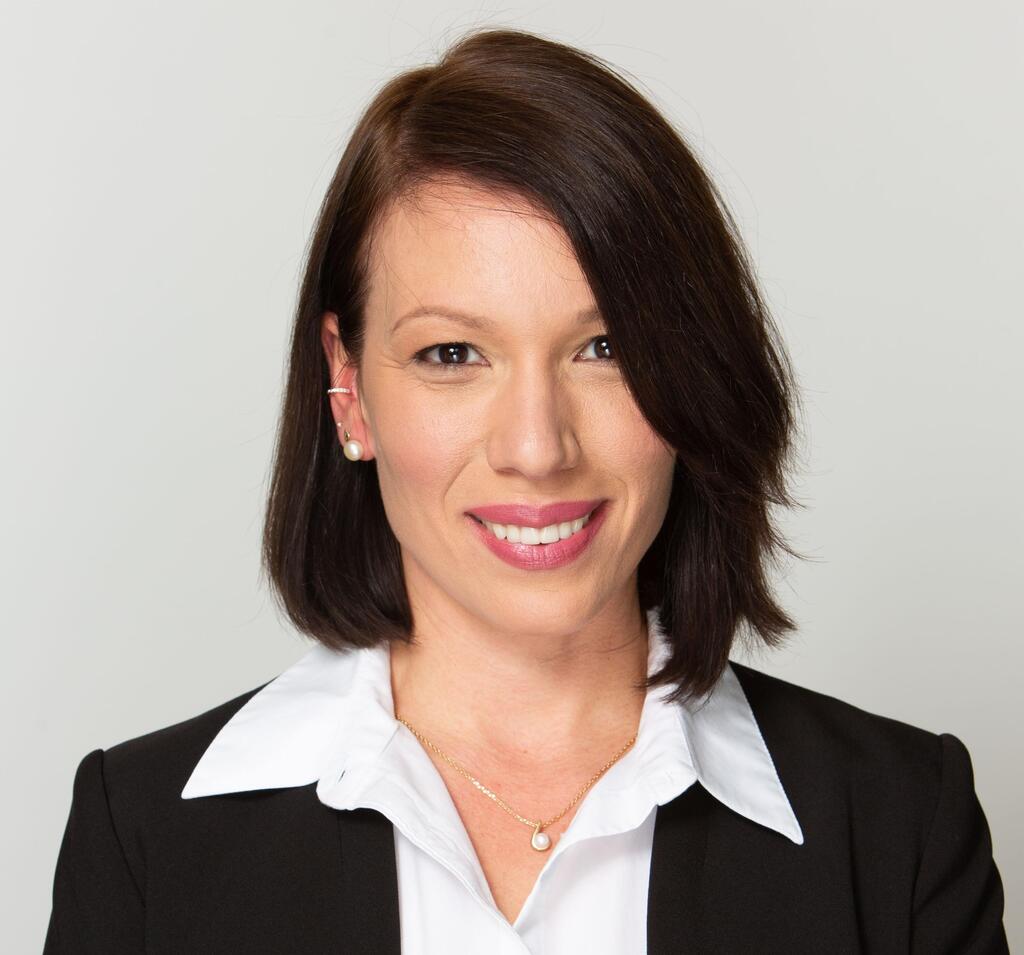
She-inspires
"I never looked at obstacles in my life as a part of me being a woman"
Jasmin Inbar, VP Corporate Development at ASTERRA, shares how she reached the pinnacle of her career and her role in the company’s latest success, finding Lithium
Jasmin Inbar, VP Corporate Development at ASTERRA, firmly believes in hard work. “I believe anything is possible and I worked really hard throughout the years. When I set a goal I will accomplish it and the rewarding feeling at the end can't be described in words.”
Inbar, a mother of two, is a senior executive at ASTERRA, a spacetech startup which uses advanced algorithms and artificial intelligence to decode satellites' synthetic radar (SAR) data using a unique ground-penetrating frequency. The technology was first applied to the search for underground water on Mars and other planets during the geophysics studies of founder Lauren Guy. Since 2015, Asterra’s technology has been used in over 70 countries and it recently announced that its developments have led to the discovery of lithium, a sought-after resource currently in short supply.
“Together with the founder and CTO I take creative ideas, based on the company’s core technologies, and make products out of them,” explained Inbar. “ASTERRA uses imagery collected from satellites and analyzes them to create insights for users. We are well known for finding water leakages in the ground as we can detect high soil moisture which is the number one cause for infrastructure failure.”
Recently the company announced it has the technology to locate Lithium. “Locating lithium was a great idea because we know how high the demand is today. In the U.S., there is only one operational mine with zero dependency on other countries. The subject is currently on President Biden's agenda. We have the ability to assist, we have a patent and we work from anywhere. The best part is we don't have to interfere or break the ground.”
What’s the story behind the decision to pursue Lithium?
“Lithium was an idea belonging to one of our R&D employees and I thought it was interesting and that we should pursue it. I had no idea about Lithium whatsoever so I started reading day and night, working super hard. Once we received a green light from R&D that it was feasible, I said ok, let's go. There are many companies that need Lithium and they are currently using old fashioned techniques. They send teams to the site and take manual samples. There might be nothing at one spot and right next to that spot there will be very high concentrations.
“We can scan the entire world and find the high concentration areas and we can direct miners to those areas. Meaning, we can narrow down resources, time and money. We currently have a patent and so now we are ready for Elon Musk.”
CTech's She-inspires series follows the stories of various female leaders in Israel. The interviewees hail from various sectors: some work at high level positions in large organizations, some are founders, and some are key players in industries aimed at changing the world for the better. The goal is to learn where they came from, where they are going and how they are bringing inspiration to an entire sector making its way towards a glass ceiling just waiting to burst.
Inbar noted she has built her career and achieved her dream despite hardship in her past. “Both my parents came from poor homes. They worked very hard to make sure my brother and I did well at school, in the army, and afterwards went to the best universities. They encouraged us throughout the years to fulfill our dreams, to be determined and to work and study hard to succeed in life. I am what I am thanks to their hard work and dedication. My children understand why I work hard, they are proud of their mother and I make sure to keep a good work/life balance.”
So you feel being a woman has affected your career?
“I never looked at obstacles in my life as a part of me being a woman. I work in a male dominated environment but I never let myself be perceived as an outsider, just the opposite. In the military I taught women, I felt like even there, when I had classes of women coming in I always made them feel they could do anything. Everything is achievable. In my career it was the same, I never let anyone tell me I am different. I sat in meetings with 20-30 men and I was the only woman but I never let it affect me. I have a rule, in a meeting room I never sit in the chairs at the back, I always take a seat at the table. People appreciate it. Nevertheless, I worked really hard and it wasn't an easy ride.”
First published: 08:30, 10.10.22














